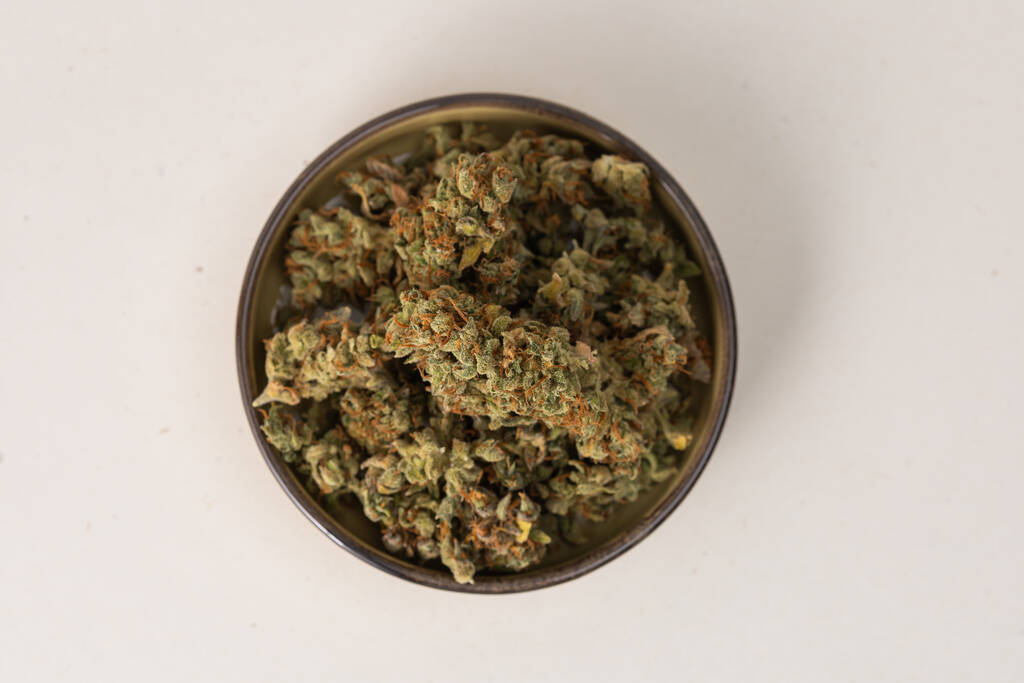A new study published in The American Journal of Drug and Alcohol Abuse found that 11.7% of adults entering New York City nightclubs in 2024 tested positive for THCA-A, and 8.9% tested positive for CBN—two cannabinoids not typically included in routine screenings.

Conducted by researchers from Stanford University, the University of California, and NYU Grossman School of Medicine, the study used both saliva drug testing and self-report surveys from 1,024 nightclub attendees to assess cannabinoid use. THC was the most commonly detected cannabinoid, found in 30.8% of participants.
The findings showed significant demographic disparities. Women were substantially less likely than men to test positive for both THCA-A and CBN. Black participants were more than twice as likely as white participants to test positive for THCA-A and nearly four times as likely to test positive for CBN. Education level also played a notable role—those with a high school diploma or less were four times more likely to test positive for THCA-A than those with a college degree, and nearly two and a half times more likely to test positive for CBN.
Continue reading














